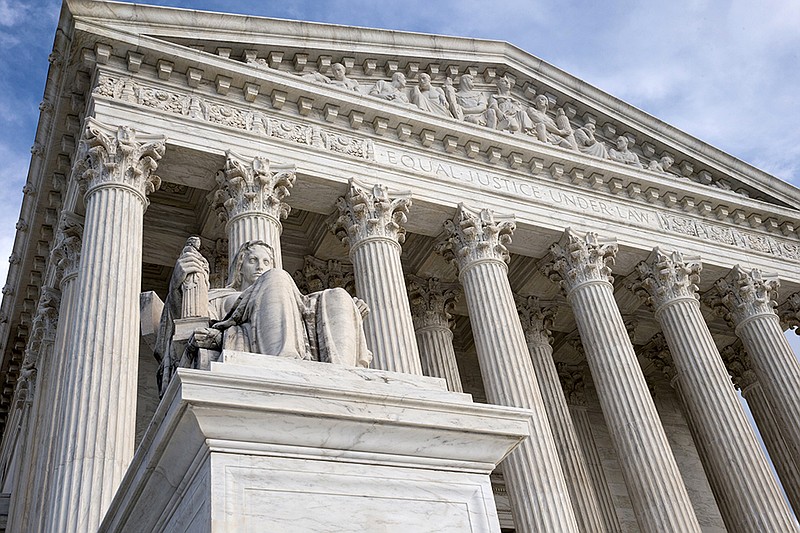SAN FRANCISCO-In upholding an affirmative action program at the University of Texas, the U.S. Supreme Court provided some reassurance to the minority of the nation's colleges that continue to consider an applicant's race in admissions.
But Thursday's ruling is unlikely to result in an expansion of more explicit race-conscious practices that have fallen out of favor in the past two decades due to shifting public opinion, previous court rulings and state bans for public institutions, legal and education experts said.
In a 4-3 opinion, a court majority held that Texas demonstrated its narrowly tailored policy of looking at race to fill one-quarter of its freshman classes was necessary because a strictly "nonracial approach" failed to produce enough student diversity.
The prevailing justices also noted, though, that higher education leaders must ensure their affirmative action measures are based on strong evidence of their need and efficacy. They also said the measures must be periodically reassessed to determine if they remain valid.
"I think this is a yellow light, a continuing yellow light that says you can proceed here, but you must proceed with caution because these are challenging issues that require intense thought, review and deliberation," said Arthur Coleman, co-founder of education consulting firm EducationCounsel.
Only one-quarter of the nation's four-year colleges take into account race and ethnicity when assessing applicants, according to survey data from The College Board, a nonprofit that administers the SAT and AP tests. Highly selective private schools are the most likely to, with 62 percent listing race and ethnicity among their evaluation criteria compared with 21 percent of the most selective public colleges.

